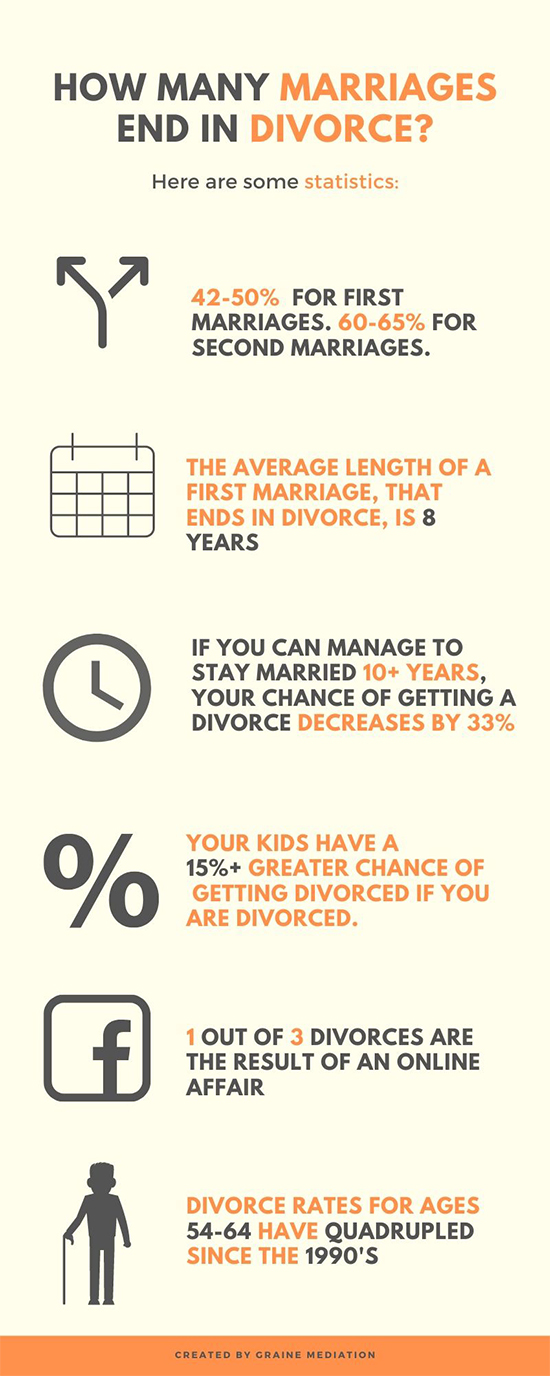Estimated Reading Time: 3 min 30 sec
Dr. John Gottman, PhD, a 40-year veteran of marriage and divorce studies, co-founder of the Gottman Institute, and author of The Seven Principles for Making Marriage Work, has noticed a clear pattern among couples who get divorced. What are the sure signs of divorce? And what is its number one predictor? Contempt.
Where Does Contempt Come from?
When a couple does not deal with their problems immediately and effectively, they are at risk of short-term issues festering into long-term issues… which can lead to contempt. Mike McNulty, Ph.D., LCSW, one of the professionals at the Gottman Institute, has determined four negative patterns of communication that lead to divorce:
- Criticism
- Stonewalling
- Defensiveness
- Contempt
Every couple has problems and disagreements; but, it is how they handle those issues that make or break a relationship. Kindness and compassion will keep you together. Disgust and contempt will break you apart.
Signs of Contempt
- Eye rolling. The main nonverbal cue that contempt is brewing is eye rolling. Eye rolling hinders a relationship more than you might think. This contemptuous body language shows frustration, but does nothing to fix the issue. It is insulting and stops communication cold.
- Lifting your upper lip shows clear disgust. If your partner is trying to tell you something, and your sneer, he or she will instantly lose interest in talking with you and an opportunity to work through a problem will be lost.
- Insults, whether overt or subtle (passive-aggressive comments), are another sign that contempt has arrived . . . or is right around the corner. Insults hurt, are disrespectful, and push your partner away.
How to Avoid Contempt in Your Relationship
There are many signs of divorce if we pay attention, but what are ways to avoid the possible outcome? Below are 5 things you can do, based on McNulty’s suggestions, to avoid contemptuous feelings and behaviors:
- Halt contemptuous verbal and nonverbal cues. Do not ignore nonverbal communication cues, like eye rolling and sneering, and passive-aggressive or overtly insulting comments. It hurts and your partner needs to know this.
- Let it go. Before engaging in an argument, make an effort to step into your partner’s shoes. Think about his or her perspective. You will never agree on everything, and that is OK. Learn to accept your partner for who he or she is. Compromise on some things, and just let other things go.
- Learn to cope. Try and figure out why a particular matter bothers you so much. Is there anything that you can do to learn to cope better? Think hard about whether it is worth the battle and if you can ever really expect your partner to change that behavior.
- Listen deeply. Use your angry energy to deeply listen to your partner’s point of view.
- Do not criticize. Don’t blame or criticize your partner. This never works and puts them on the defensive. Instead, let him or her know how you feel.Lastly, I find some pandering to your partner’s ego-self sometimes works wonders and meets the goal of changing behavior:
- Turn it around. Find a creative way to get your partner to do what you want, while at the same time, satisfying one of his or her needs. To do this, you will need to tune into your partner’s values and needs. In other words, try to find a way to have your needs met by also meeting your partner’s needs. For example:
- If they value peace and quiet over everything else, they will do what it takes to get their peace and quiet.
- If they value feeling good about themselves as a “nice person,” they will do what it takes to feel good about themselves as a nice person.
- If they value leisure time over everything else, they will do what it takes to get their leisure time.
- And one of the biggest deals in marriage . . . if they value sex over everything else, they will do what it takes to get sex.
- Similarly, and most importantly, if your spouse loves you and wants to stay married to you, he or she just may change their behavior to stay married to you!
Written with assistance from: Erin Brockman, Mediation, Marketing & Research Assistant
Posted by Robin Graine, JD, CDFA – Divorce Coach | Mediator | Problem Solver
This blog and it’s materials have been prepared by robingraine.com for informational purposes and are not intended to be, are not, and should not be regarded as legal advice or advice of any other kind or nature. This information is not intended to create, and receipt of it does not constitute, an attorney-client, coach-client, mediator-client relationship. Internet subscribers and online readers should not act upon this information without seeking professional counsel.


